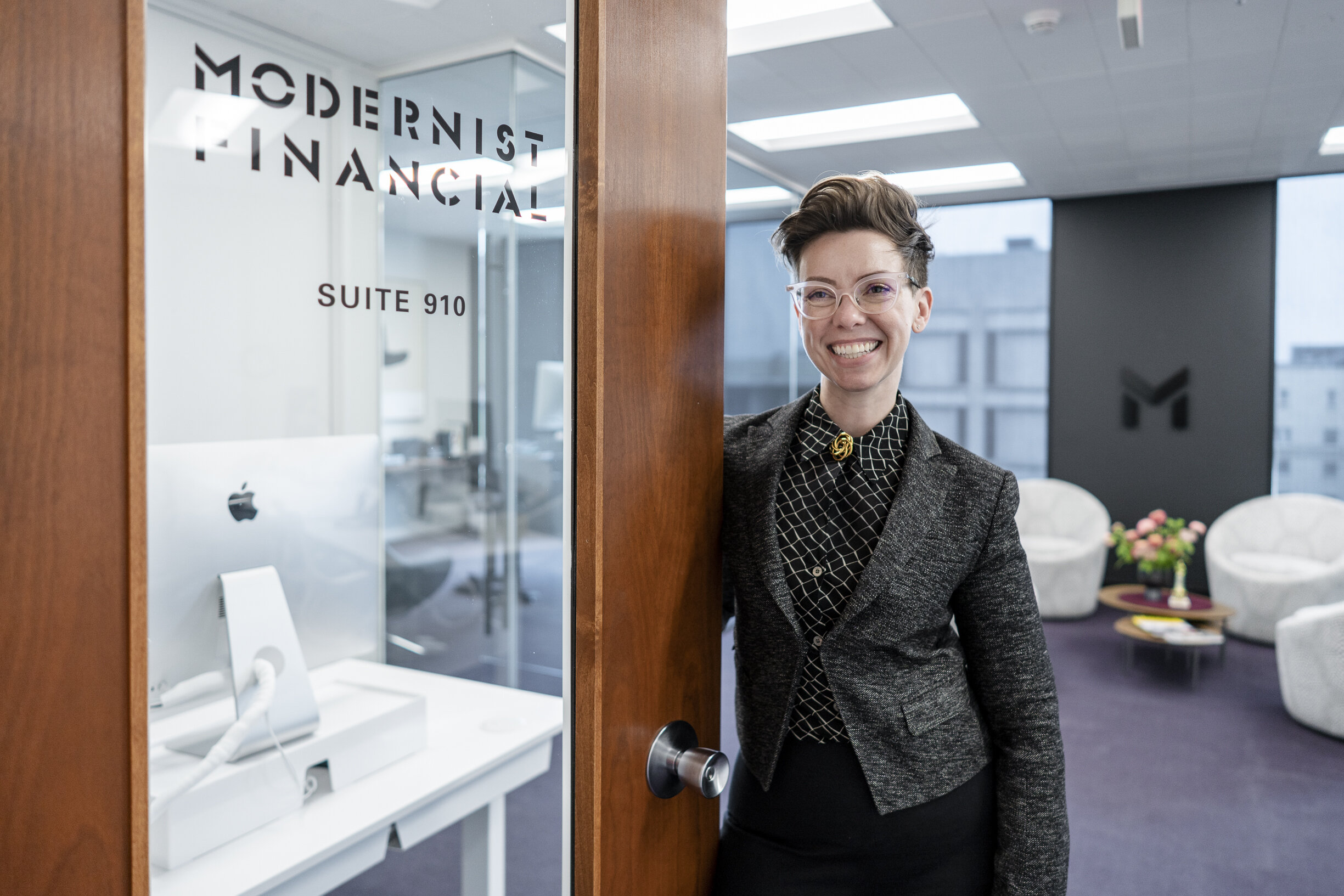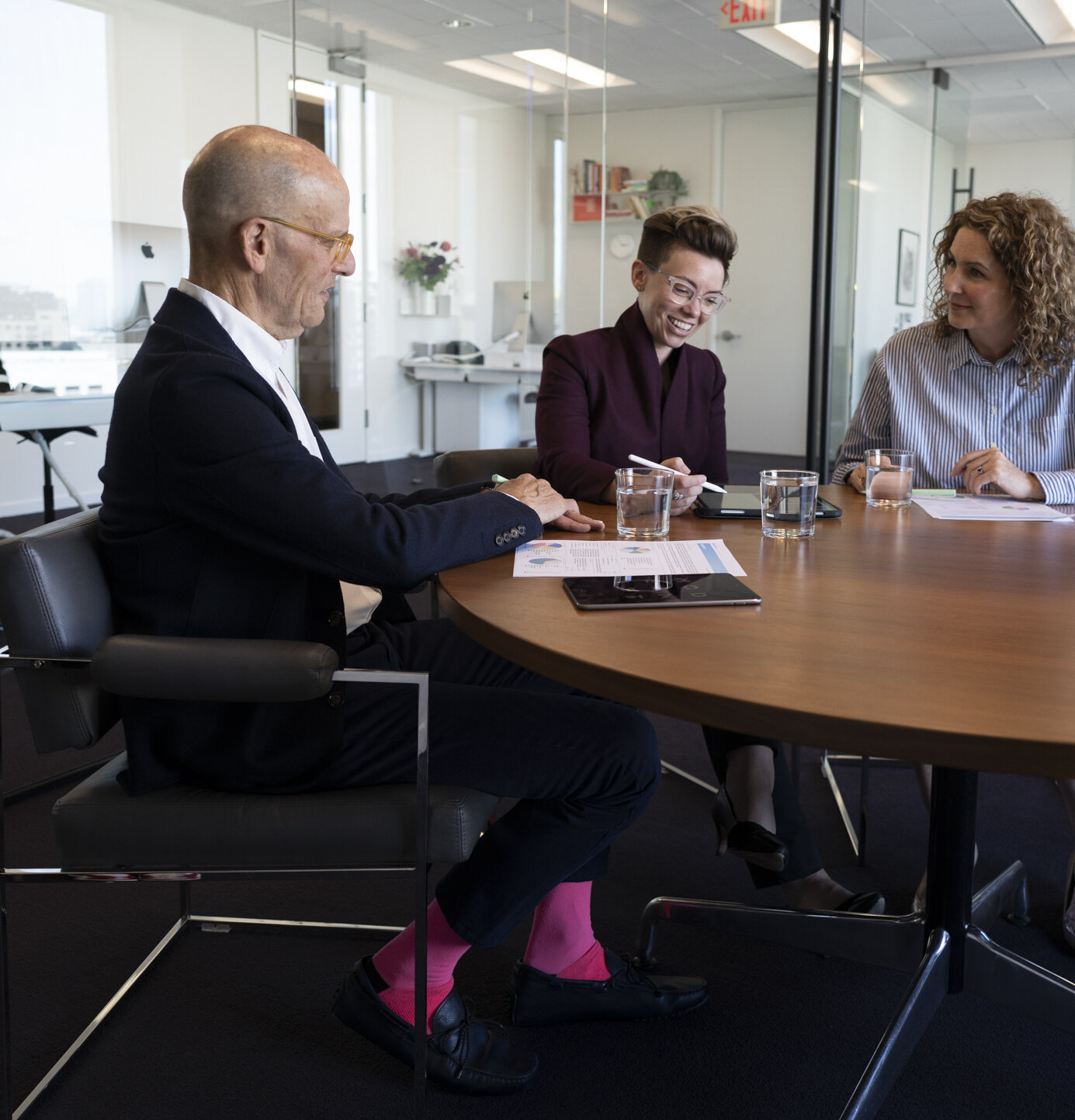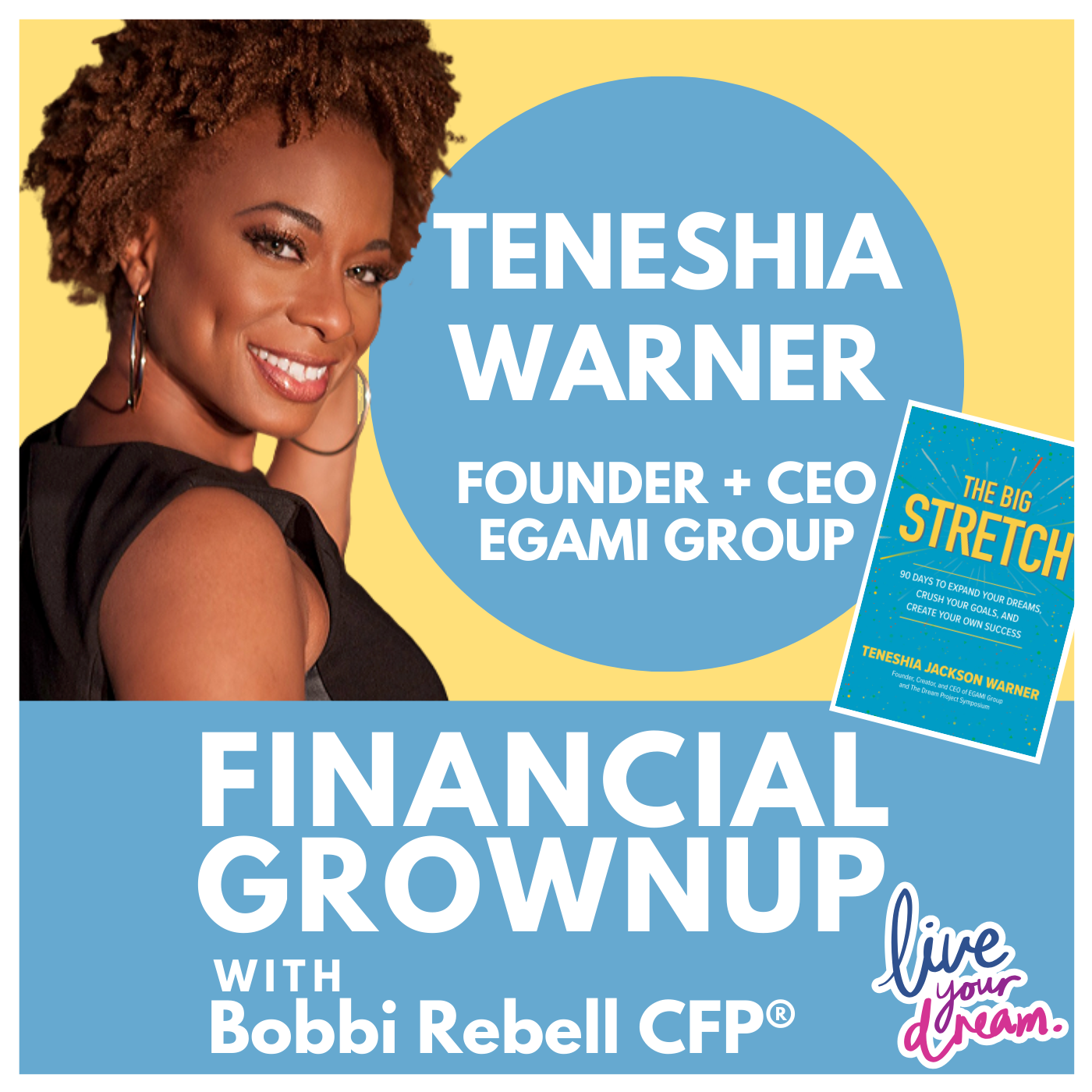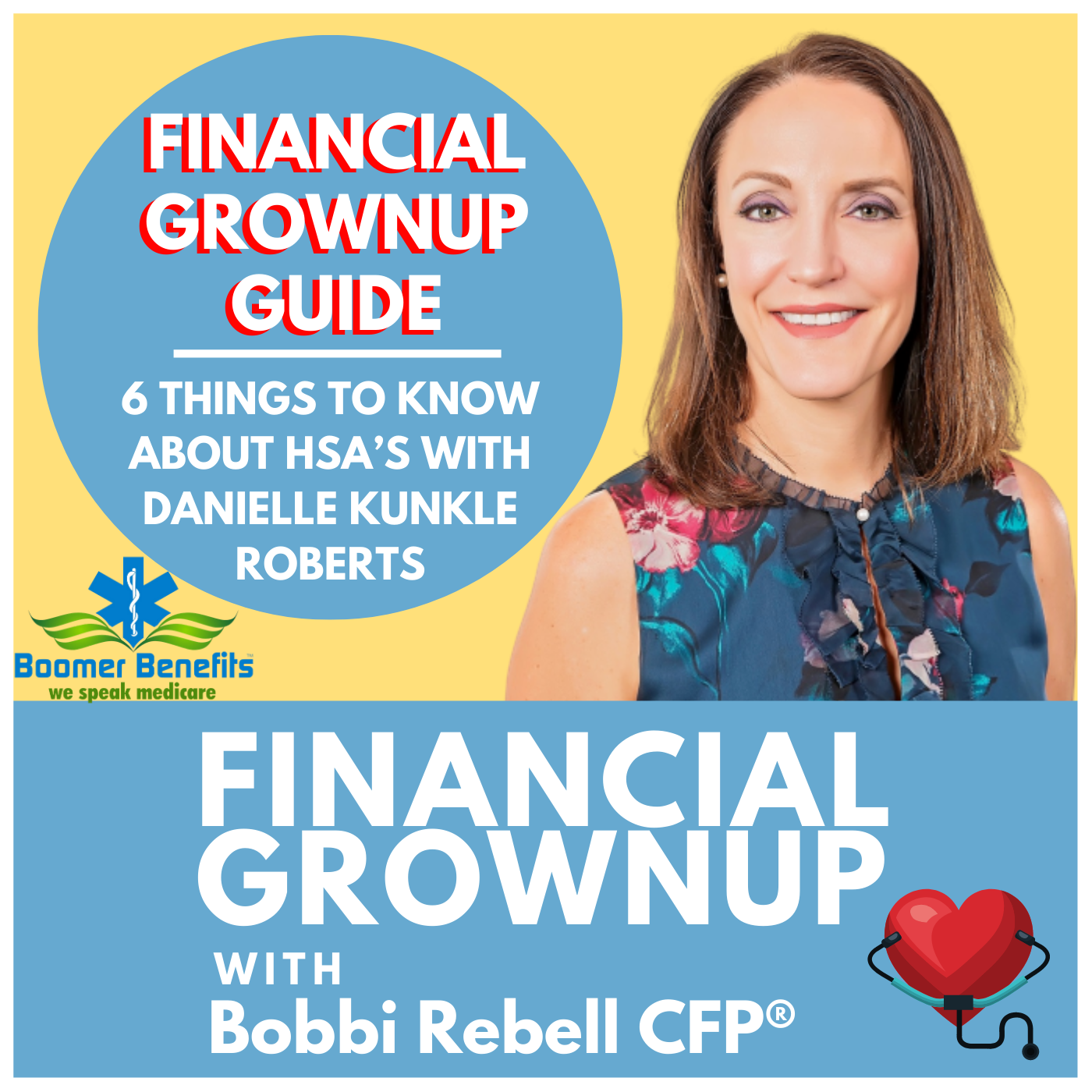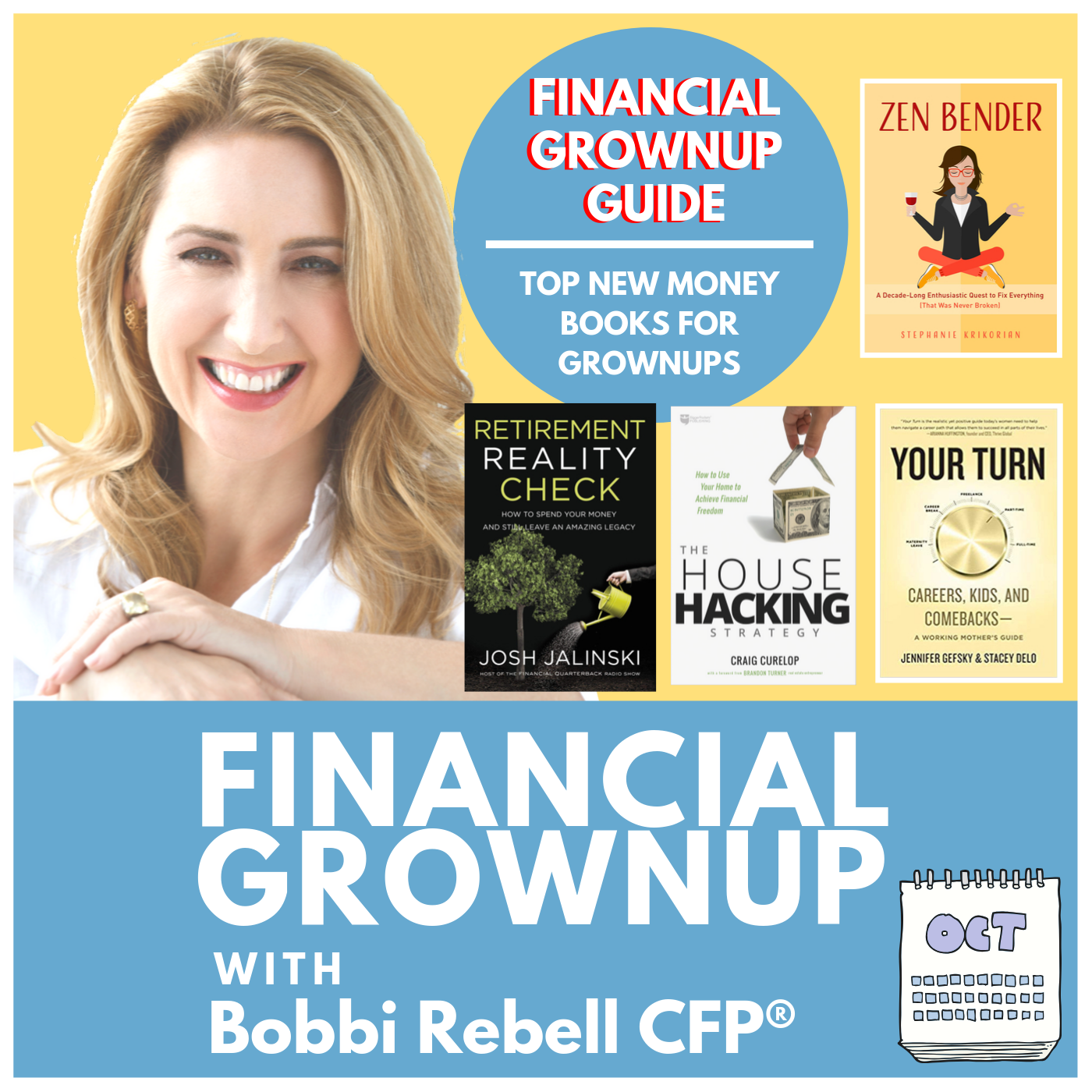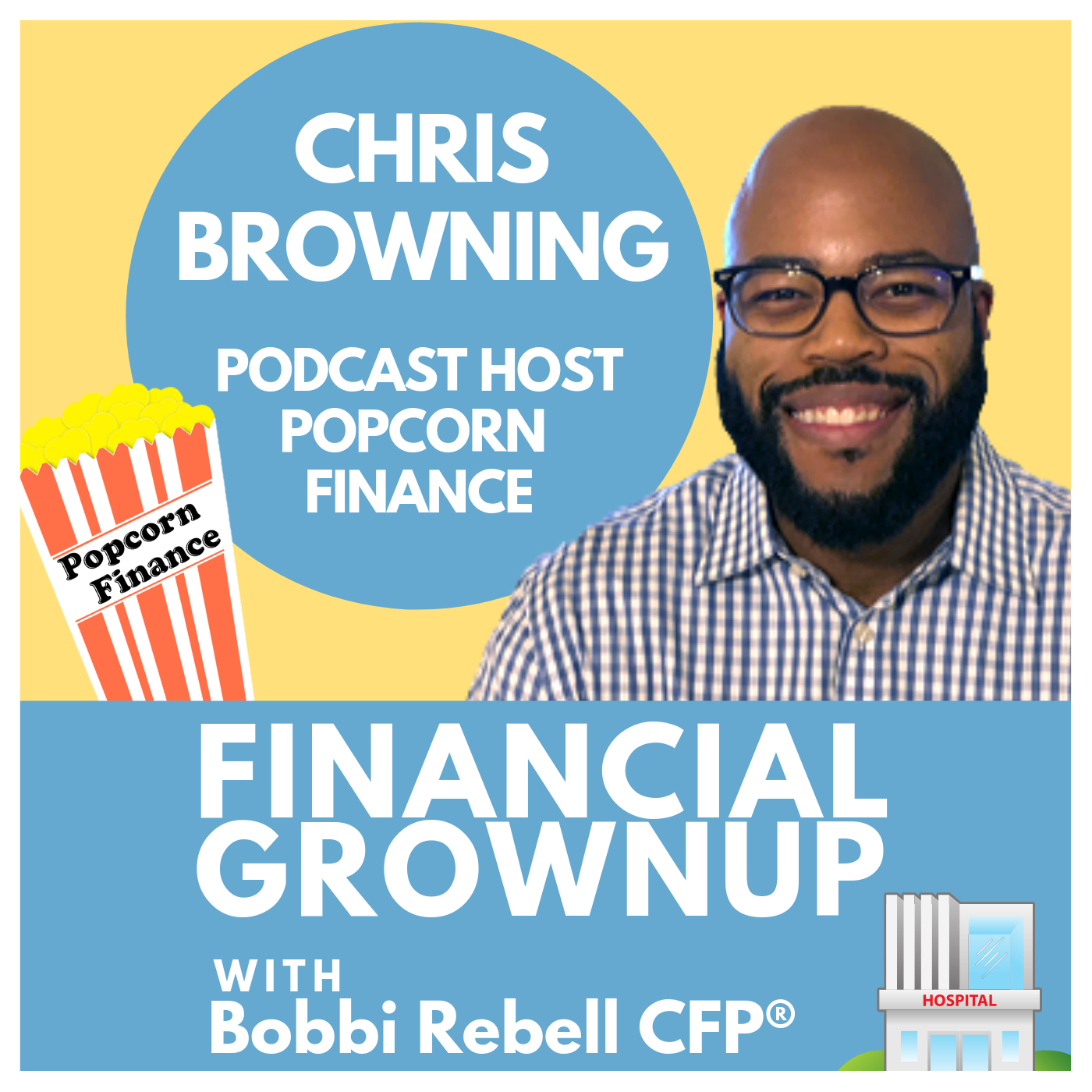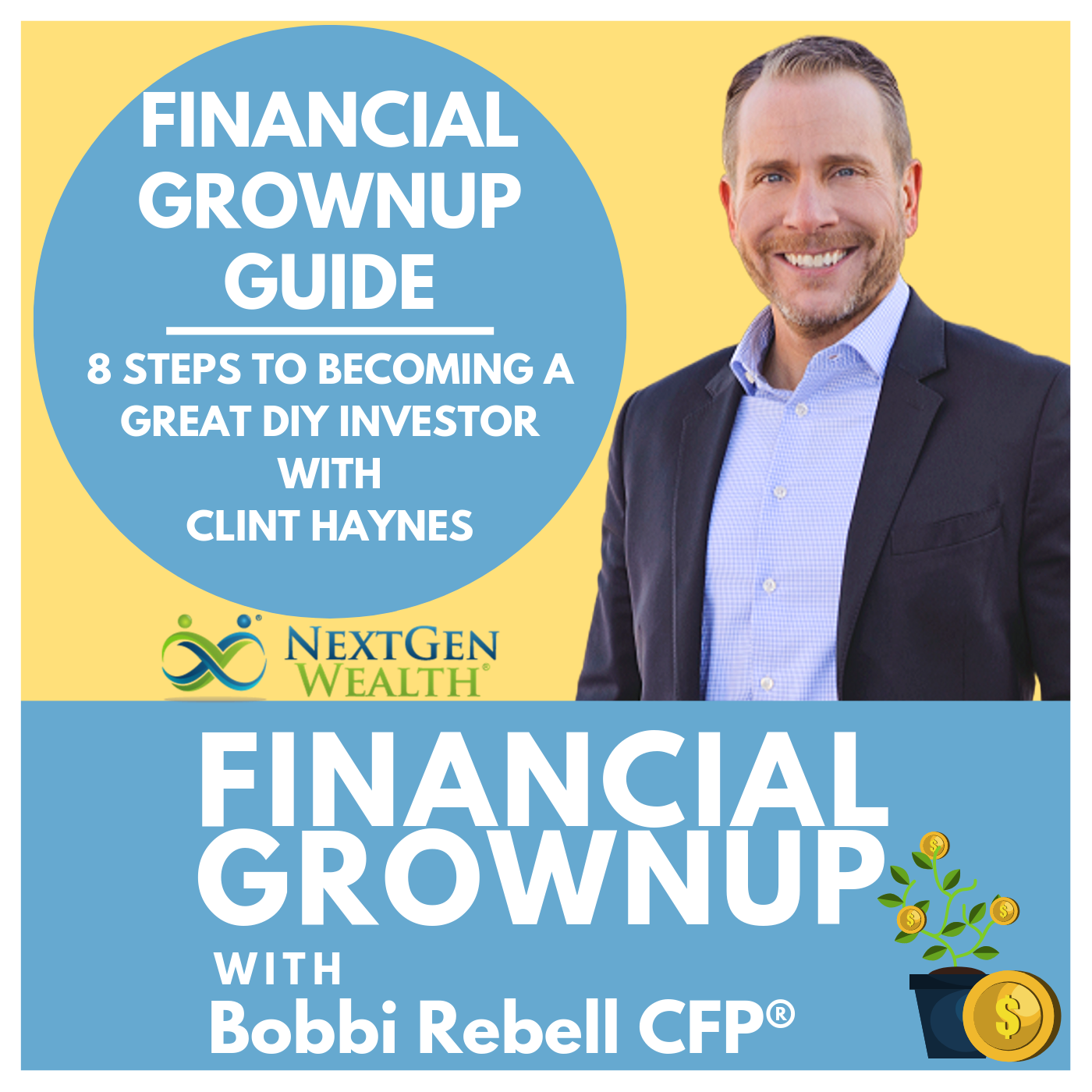Getting a huge salary jump is awesome, but even with a big jump Paychecks & Balances podcast host, Rich Jones had some lessons to learn when his compensation skyrocketed. The entrepreneur behind the Show Starter shares his experiences, and how we can all get not just the best pay but also the best jobs.
Rich’s Money Story:
Rich Jones:
Yeah, so by day I work at Google. I've been there for over five years. I'm moved to a tech startup called ScrollMotion, and it was the shortest role in my career, I'd only been there for about nine months. I actually got an email from a recruiter at Google and I thought it was spam. Even though my ultimate goal was to move to a big tech company, I kind of had this self-doubt of, "Oh wow, they're reaching out to me. Is this really a real role? Why are they reaching out to me in New York when this position is based in California?"
Rich Jones:
I went through the interview process and it probably took about three to four months, but then ultimately I ended up getting the job. I made the transition from New York City to California. And part of what I realized throughout the process that I think is really important, one is the importance of negotiation. And I learned this more for the role that I had at the tech startup because I won't say how, but I came across how much the person in that role before me made and it was a lot more than I had actually asked for.
Rich Jones:
And part of what I did not consider is that I worked at a nonprofit. Nonprofits typically pay a little bit less and when I saw an increase, I was so focused on one, getting out of that nonprofit because I realized that role wasn't for me, that I had this fear of not wanting to mess up the opportunities. I said, "Hey, this is a pay increase, this is great." Only to get there and find out that I actually could have asked for a lot more.
Rich Jones:
And what I've learned from tech companies like Google and Facebook, they really do try to do right by people, and instead of kind of negotiating people downward, they want to make sure that they bring people in at a fair market rate because they ultimately don't want to lose these people because the cost of hiring and losing someone is so high. Part of what I learned in the process is the importance of negotiation.
Bobbi Rebell:
Tell me more about the actual moment you got the job offer. Did they say the number first or did you?
Rich Jones:
They said the number first and it far exceeded the number that I had in mind.
Bobbi Rebell:
Was this a phone conversation? What, where, how is this happening?
Rich Jones:
It was a phone conversation. I was ready to go back and forth and I had my numbers in mind, didn't realize that I was undercutting myself in the process and they made an offer that honestly had me floored. It was a no brainer.
Bobbi Rebell:
Wait, but did you ask for more?
Rich Jones:
I did not because it far exceeded what I was even looking for and I felt completely comfortable about the offer. The lesson here is having a number in mind and I made sure that I did research when I looked at this role to make sure that I wasn't going to get undercut. When they came back with a number that was far greater than what I had in mind, I could've went back and forth with them. And there are situations where I would say, "Hey, ask for more," but it was so much greater than what I thought it was going to be. Everything else about it made sense that it made sense for me to ultimately accept the role.
Bobbi Rebell:
How did you find out the data about the previous employee that they were making more and about how much more was it, like a percentage-wise? Give me some sort of scale.
Rich Jones:
Oh, it was about 20 to $25,000 more. It was one of those things where I was doing some research in the system for a project and I saw what they were actually making. And I had this Wow! Moment of, "This is not good. I could have asked for a lot more." Part of what I've learned in my current role, especially because I work in staffing or worked in staffing for a number of years, even if I probably had asked for more for the role at Google I probably wouldn't have gotten it. Because I think one of the other mistakes I made is that at the time they would ask you what you were making today, and companies sometime anchor on that. Once we tell them what you're making, they just try to do a percentage increase. One thing I probably would have done differently is not actually share that salary information and just said come back-
Bobbi Rebell:
You shared it before they gave you the offer?
Rich Jones:
I did, I did. I did. And more states now are implementing policies or laws where companies can not ask for salary information specifically for that reason. I actually encourage people, if you're talking to a company and they ask what you're making today, that you not tell them that actual number and see what they come back with. If they come back with a number that's lower or even if it's a number that's right where you want to be, try the approach of, "Hey, I'm super excited about this offer. If we can get to X number, I'll be willing to sign this offer today." And that recruiter is incentivized to go back and see what they can do to ultimately get you that number that they want.
Bobbi Rebell:
Did you to take action after getting this information, did you go ask for a raise?
Rich Jones:
No, I did not ask for a raise because for me, my ultimate goal was to move to a company like Google or Facebook and it happened sooner than I expected and that's why I say it caught me off guard and I'm like, "Wow, they're reaching out to me." Because to me it was, "I'll get a couple of years of experience, I'll go and apply. Not this company will find me on LinkedIn because my profile is optimized and then contact me." I'd say over the course of three years, my total compensation increased by 200 to 250%.
Bobbi Rebell:
Wow.
Rich Jones:
And while at that-
Bobbi Rebell:
Now wait, let me ask you, was that prompted by you becoming a better negotiator because you now have this information or they're just a generous company and that's kind of what they gave you?
Rich Jones:
I think it was more so prompted by things like updating my LinkedIn profile so that they could find me in the first place because there is applying for jobs, but then there's also recruiters who were out there every day looking for talent, scouring LinkedIn. I was that recruiter. Part of the insight knowledge I had was how a recruiter would go about looking for somebody who has a particular set of skills.
Rich Jones:
A big part for me was updating my LinkedIn profile so that if a recruiter was looking for someone who had a combination of HR experience and recruiting experience, and they had this profession in human resource certification, my profile would pop up. While it wasn't as heavy on the negotiation side, there were things that I did to optimize my profile and optimize myself so that if people were looking for someone with my skills, I would pop up in that search and I attribute it a lot more to that.
Rich Jones:
I think part of what's helped me maximize my raises and my increase, it's not so much that I had to negotiate a higher pay, it's that I documented my value and I documented the things that I did to bring more people in, the things that I did to a higher level of impact and then that was ultimately factored into my bonus percentage, which is on a scale. And that was ultimately factored into the salary increase, which is also one scale. It's funny going from being an individual contributor to a manager and then having to go through that same process, where if an employee didn't tell me all the things they did, I had so many things going on so I could not remember everything that they did.
Rich Jones:
But there would be times where they'd say, "Hey, I did this and I did that." And I'd be like, "Oh yeah, you did do this, and you did do that. You should be an exceeds expectation, versus a meets expectations." A lot of it is on the individual to make sure that they're documenting and that they're in a position to be able to show the value that they've added. I had it for that conversation, but also if an opportunity came up outside of the company, I had those things documented, which would then become answers for interview questions or things that I could put in my LinkedIn profile to further show my value and that I'm a high performer.














